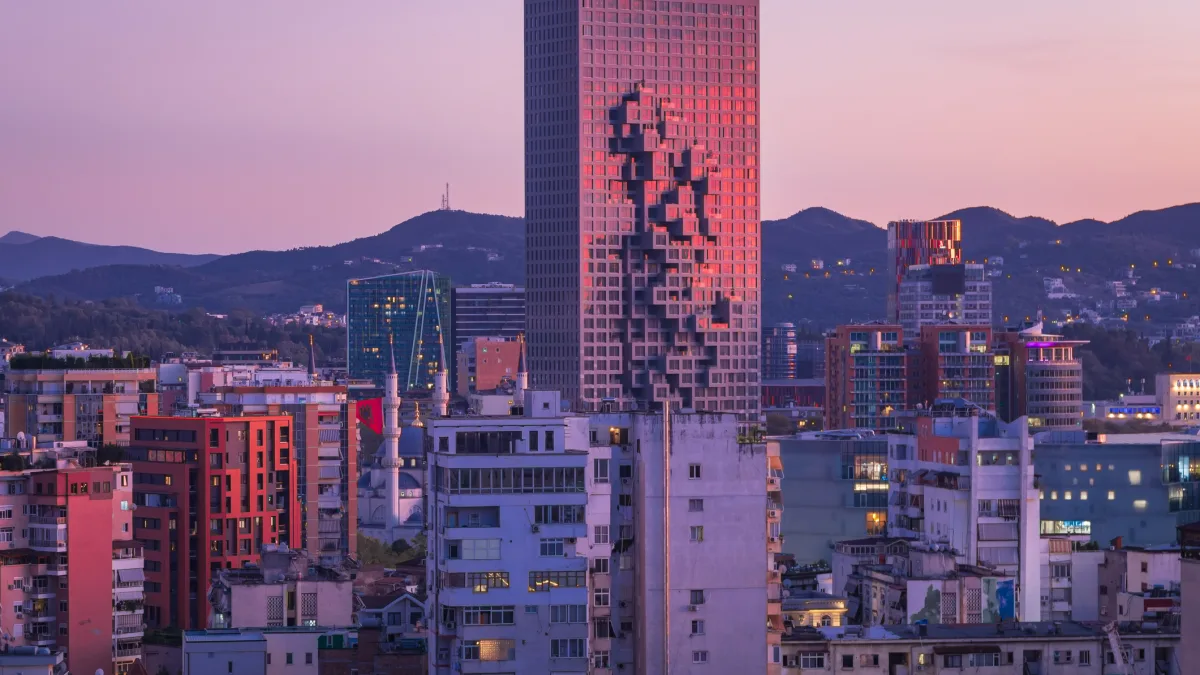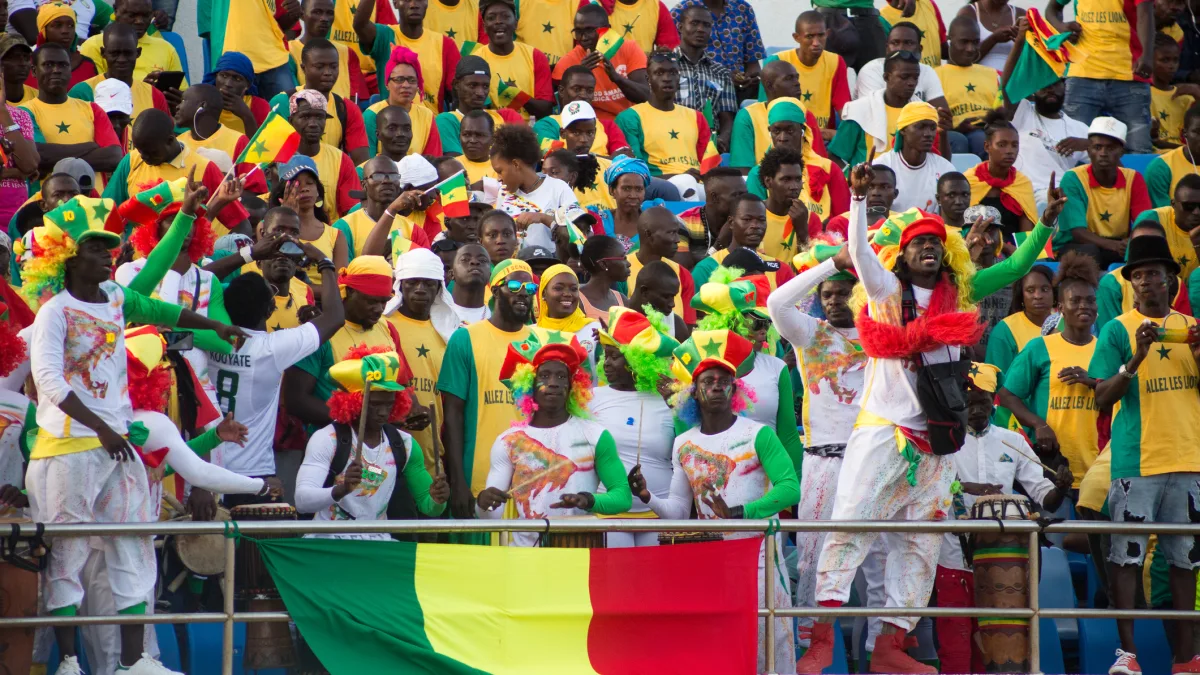Globalisation has become political kryptonite. From Poland’s newly elected president Karol Nawrocki to America’s Donald Trump, populists worldwide have used its power to denounce ‘globalists’ and their supposedly malign influence.
The current trend of hostility toward global economic integration reflects a significant misunderstanding of both history and economics. Rather than being a villain, globalisation has proven to be humanity’s most powerful tool for lifting people out of poverty and fostering prosperity.
It is imperative for the world to rediscover the benefits of globalisation. The evidence is overwhelming. Since 1990, more than one billion people have been lifted out of poverty, an achievement unparalleled in human history. Just eight per cent of the world’s population currently lives in extreme poverty (those living on less than 1.90 US dollars per day) compared with 38 per cent in 1990.
This dramatic reduction has coincided with an unprecedented expansion of global trade and investment flows. The mechanism is straightforward: open economies grow faster. When measured in terms of real gross domestic product per capita, industrialised countries continue to be the biggest winners of increasing globalisation, while developing and emerging economies lag behind.
Research spanning 42 economies from 1990 to 2016 found that if the globalisation index score rises by one point, this will lead to an increase of around 0.3 percentage points in the growth rate for real GDP per capita.
Trade’s triumph
Today’s global trading system represents one of humanity’s great collective achievements. Goods worth over 24 trillion US dollars crossed at least one international border in 2024, whilst global trade in services reached nearly 8.7 trillion US dollars in 2024.
These flows of goods, services, capital and knowledge have transformed living standards worldwide.
However, after adjusting baseline projections to account for the impact of recently announced tariffs and heightened trade policy uncertainty, WTO economists foresee a -0.2 per cent contraction in merchandise trade in 2025.
The benefits of globalisation extend far beyond mere statistics. Trade allows countries to specialise in what they do best, driving down costs for consumers and spurring innovation.
Competition from elsewhere forces domestic firms to become more efficient. Foreign investment brings not just capital but technology, management expertise and access to global markets.
At the time of writing, about two-thirds of international trade occurs without tariffs, either because countries have chosen to reduce duties under most-favoured-nation treatment or through other trade agreements.
The populist backlash
Why, then, has globalisation fallen into such disrepute? The answer lies partly in legitimate grievances and partly in political opportunism.
The financial crisis of 2008, rising inequality within many countries, and the disruption caused by technological change have created genuine hardship for many workers. Politicians have found it convenient to blame ‘globalists’ rather than address these complex challenges directly.
Poland’s recent presidential election, which saw nationalist historian Karol Nawrocki defeat liberal Warsaw Mayor Rafal Trzaskowski, exemplifies this trend. Nawrocki’s victory represents a broader shift in developed economies towards economic nationalism. Similar movements have gained ground from Britain (Brexit) to Hungary (Viktor Orbán) to the United States (Trump’s ‘America First’ policies).
However, this backlash often misdiagnoses the problem. The difficulties facing many Western workers stem not primarily from trade but from technological disruption, inadequate social safety nets, and education systems that have failed to adapt to a changing economy.
The growing popularity of globalisation-critical parties and politicians in many Western industrialised countries is partly due to the fact that the benefits of globalisation are not enjoyed by all citizens of a country.
The cost of retreat
Those who advocate economic nationalism ignore the costs of their preferred policies. Trade wars invariably make everyone poorer. High import duties can increase costs for businesses and consumers, potentially stifling economic growth and competitiveness.
When countries erect barriers to trade and investment, they deny their citizens access to better and cheaper goods whilst reducing incentives for their own firms to innovate.
The Covid-19 pandemic offered a glimpse of what a less connected world might look like. Supply chains that had seemed fragile proved remarkably resilient, whilst countries that had maintained diverse trading relationships weathered the storm better than those that had not. Slowing or even a reversal of global interconnectedness between countries hurts economic growth.
Meanwhile, the fight against global poverty continues, despite the long-term progress. In 2024 there were still some 692 million extreme poor in the world. From around 2013, progress in reducing global poverty has been slowing, on the back of sluggish economic growth. The pandemic reversed years of progress, with the number of people in extreme poverty increasing by more than 70 million between 2019 and 2020.
This stagnation in poverty reduction coincides ominously with the recent slowdown in globalisation. Extreme poverty has become increasingly concentrated in Sub-Saharan Africa and places affected by conflict and fragility. These are precisely the regions that have been least integrated into the global economy.
Return of the good guy
Restoring faith in globalisation requires addressing its genuine shortcomings whilst preserving its essential benefits. Governments must do more to help workers adapt to economic change through better education, retraining programmes, and portable benefits that move with people between jobs. They should tackle tax avoidance by multinationals and ensure that the gains from trade are more widely shared.
International institutions need reform too. The World Trade Organisation requires updating for the digital age. Global governance structures must become more inclusive, giving emerging economies a greater voice. Climate change demands new forms of international cooperation, not less.
Economic isolationist efforts, expressed for example by protectionist measures, are made at the cost of citizens’ economic well-being. The lesson of history is clear: countries that open themselves to global markets prosper, whilst those that turn inward stagnate.
China’s remarkable development over the past four decades exemplifies this truth, as China alone has lifted close to 800 million people out of extreme poverty through market-oriented reforms and global integration.
Reclaiming the narrative
The world needs to take a decision. It can choose the path of economic nationalism, with its false promises of protection from global forces, or it can recommit to the principles of openness, competition and cooperation that have delivered unprecedented prosperity.
The choice seems obvious, yet politics often trumps (pun intended) economics.
The task for leaders who believe in globalisation is to make its case more effectively. They must show how trade benefits ordinary people, not just corporations. They must demonstrate that diversity strengthens economies rather than weakening them. Above all, they must prove that globalisation can be made to work for everyone, not just the few.
The importance is paramount. In an interconnected world facing challenges from climate change to pandemics to technological disruption, cooperation is not optional—it is essential.
The alternative to globalisation is not national prosperity but collective impoverishment. Those who truly care about their citizens’ welfare will choose integration over isolation, openness over insularity. The global economy is not perfect, but it remains humanity’s best hope for a prosperous future.
Photo: Dreamstime.







